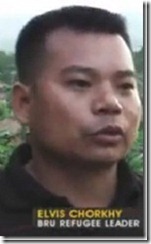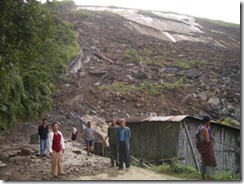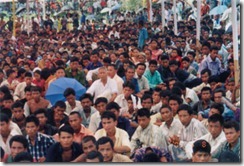 Los Angeles, Dec 29 : One of the two main political parties of the indigenous people in Bangladesh’s southeastern hill tracts prevented Christians from celebrating Christmas, sources said.
Los Angeles, Dec 29 : One of the two main political parties of the indigenous people in Bangladesh’s southeastern hill tracts prevented Christians from celebrating Christmas, sources said.
The United People’s Democratic Front (UPDF), which has demanded that Christian converts return to Buddhism, threatened tribal Christians of at least seven churches in Khagrachari district, some 300 kilometers (180 miles) southeast of the Bangladeshi capital, Dhaka.
A source requesting anonymity told Compass that a local leader of the UPDF, a regional party seeking autonomy, warned Christians not to hold a Christmas gathering.
“Members of the Kalapani Bethlehem Church could not celebrate Christmas this year,” the source said. “UPDF members threatened them, saying ‘You cannot play the harmonium, drums and sing here. You cannot even worship silently.”
Christian elders told the UPDF leader by telephone that they had arranged food for around 100 people, and the UPDF members allowed them only to eat their rice and curry, he said.
“The UPDF leader threatened them, saying, ‘If you worship today, it will land you in unforeseeable consequences,’” the source said.
Another source requesting anonymity told Compass that Christians at Chotopanchari Baptist Church were unable to celebrate Christmas after receiving a threat from UPDF members.
Five tribal people who are members of UPDF on Dec. 19 called a meeting of 50 Buddhists and seven Christians, including the Baptist church pastor.
“They threatened the Christians, telling them not to celebrate Christmas in the village and not to do any other Christian activities,” the source said. “The UPDF members warned the Christians that if they celebrated Christmas, they would be in grave trouble. They warned the pastor not to take care of the congregation and ordered him to go back to his previous religion, Buddhism.”
Party members also threatened Buddhist villagers, playing them off against the Christians, he said.
“If the Christians are allowed to celebrate their festival, you non-Christian villagers will also be in trouble,” the source said.
About a year ago, unknown assailants vandalized the church building, a tin-roofed structure with walls of straw and a clay floor.
“We tried to reconstruct the church, but the villagers kept us from rebuilding it,” the source said.
The pastor and some members of nearby Shuknachari Baptist Church have been living like refugees for several months due to threats from the armed UPDF.
Of 18 Christian families in the village, only seven or eight families have maintained their faith in Christ in the face of the opposition, with the others returning to Buddhism under compulsion.
The Rev. Leor P. Sarkar, general secretary of Bangladesh Baptist Church Fellowship, told Compass that religious rights of the tribal Christians were violated in the hill districts.
“It is unfortunate that the Christians of seven churches in Khagrachari district could not celebrate the Christmas due to the armed threats of the UPDF,” Sarkar said. “Another form of religious extremism [Buddhist] is surfacing.”
Muslims make up nearly 90 percent of Bangladesh’s population, with Christians and Buddhists accounting for less than 1 percent of the 164.4 million people. Hinduism is the second largest religious affiliation at 9.2 percent of the people. Theravada-Hinayana Buddhists are predominantly found among the indigenous (non-Bengali) populations mainly in the Chittagong Hill Tracts.
“Bangladesh is a secular country,” Sarkar said. “If they [UPDF members] continue persecution of Christians, how can they uphold their political ideology as a decent political party? The way they are keeping Christians from their religious activities is like that of a terrorist or religious extremist group.”
He said Christian leaders had written to top government officials about how the Christians in the hill tracts are being persecuted for their faith, but to no avail.
The UPDF is one of two main tribal organizations in the hill districts, the other being the United People’s Party of the Chittagong Hill Tracts (Parbatya Chattagram Jana Sanghati Samiti, or PCJSS). The PCJSS, formed in 1973, had fought for autonomy in the region for 25 years, leaving nearly 8,500 troops, rebels and civilians killed. After signing a peace accord in 1997 with the Bangladesh government, the PCJSS laid down arms.
But the UPDF, a political party founded in 1998 based in the Chittagong Hill Tracts, has strong and serious reservations against the 1997 Chittagong Hill Tracts Accord. Claiming that the agreement failed to address fundamental demands of the indigenous Jumma people, the UPDF has pledged to fight for their full autonomy.
Last year the PCJSS demanded that the government ban the UPDF for their terrorist activities in the hill districts.
The Chittagong Hill Tracts region comprises three districts: Bandarban, Khagrachuri and Rangamati. The region is surrounded by the Indian states of Tripura on the north and Mizoram on the east, Myanmar on the south and east.
On Christmas Day, Bangladesh President Mohammad Zillur Rahman exchanged greetings with the members of Christian community at a function at Bangabhaban, the presidential palace in Dhaka.
Speaking briefly, he said Bangladesh is a secular country where people of all faiths have been practicing their respective religions peacefully. The statement came on the heels of media reports in Bangladesh about U.S. appreciation of improvements in Bangladesh’s religious freedom record.
The U.S. Department of State’s 2010 International Religious Freedom Report refers to Bangladesh’s success in creating an environment for freely observed religious festivals and reducing violence on religious minorities.
“But the religious matrix in the deep recesses of the hill districts is different,” said Sarkar.
“Their plight is not published in the local or international news media. There is huge difference between the plains and the impassable, hilly areas. If anything happens in the plains, it easily gets noticed in the media, but persecution in the hill districts goes unheard.”
Human rights advocate Rosaline Costa, coordinator of Hotline Human Rights in Bangladesh, told Compass that the UPDF was violating the constitutional rights of the Christians in the hill regions.
“We will investigate the incidents and inform the highest concerned authority, so that Christians in the hill tracts get their religious freedom,” Costa said.
via Compass Direct News
 New Delhi, Dec 31 : The government today approved revised cost estimate of Rs 913.63 crore for the 60 MW hydro- electric power project in Mizoram being set up by the North Eastern Electric Power Corporation Ltd (NEEPCO).
New Delhi, Dec 31 : The government today approved revised cost estimate of Rs 913.63 crore for the 60 MW hydro- electric power project in Mizoram being set up by the North Eastern Electric Power Corporation Ltd (NEEPCO). 






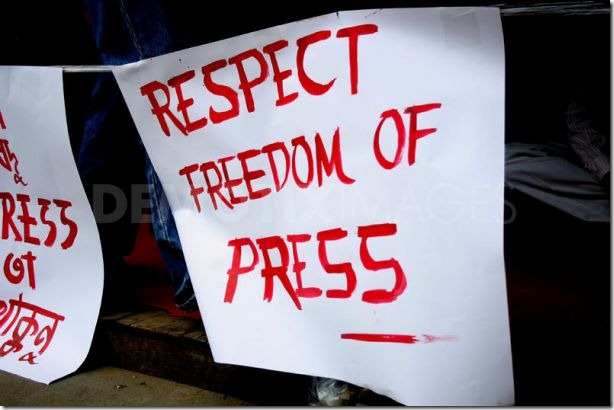
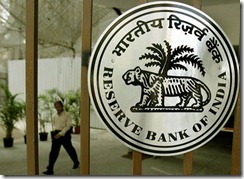


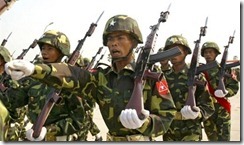




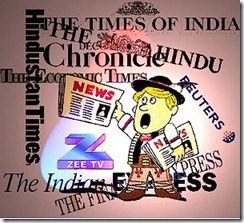
 AIZAWL, India (ABP) -- A Baptist leader and educator is poised to break barriers as the first woman ordained as a pastor by a Christian denomination in her northeast Indian state.
AIZAWL, India (ABP) -- A Baptist leader and educator is poised to break barriers as the first woman ordained as a pastor by a Christian denomination in her northeast Indian state. 

